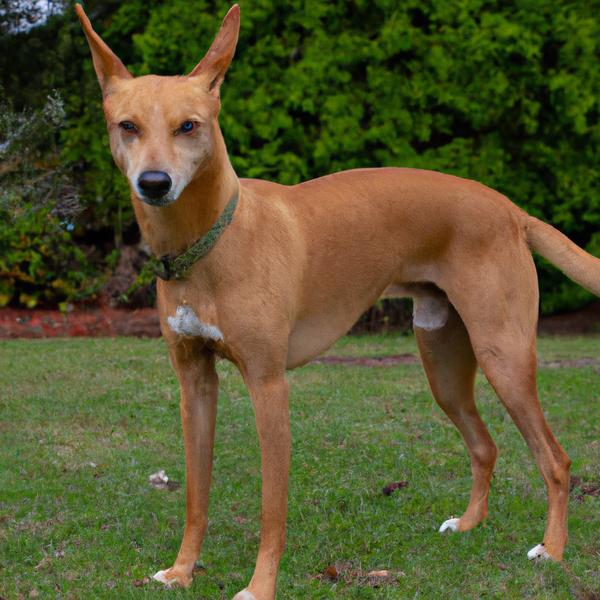Pugland vs. Smooth Foxton: Breed Differences and Similarities
Hypoallergenic
Are Puglands or Smooth Foxtons hypoallergenic, or neither?
Unfortunately, neither Pugland nor Smooth Foxton are hypoallergenic, which may not make them the best choice for dog lovers who suffer from pet allergies.
Temperament
What are the personalities of Pugland and Smooth Foxton dogs?
Playful
Independent
Alert
Courageous
Intelligent
Friendly
Affectionate
Loyal
Gentle
Going
Cheerful
Active
Playful
Alert
Intelligent
Friendly
Affectionate
Lively
Gentle
Aggressive
Fearless
Shedding Level
Do Puglands shed more than Smooth Foxtons, or which breed sheds more, Puglands or Smooth Foxtons?
Pugland or Smooth Foxton dogs are not heavy shedders, but they will lose a significant amount of hair each year. To decrease the amount of shedding, you can regularly brush your Pugland or Smooth Foxton. This will remove loose hair and keep their coat growing in the same direction.
Origin
What is the origin of Pugland and Smooth Foxton dog breeds?
United States
United States
Ancestry
What are the origins of Pugland and Smooth Foxton breeds?
Pug and Westie
Boston Terrier and Smooth Fox Terrier
Date of Birth
When were Pugland and Smooth Foxton breeds first developed?
2000s
Unknown
Eye Color Possibilites
What are the eye colors of Pugland and Smooth Foxton dogs?
Brown
Brown
Nose Color Possibilites
What are the natural nose colors of Pugland and Smooth Foxton?
Black
Black
Coat Color Possibilites
What are the natural colors of the coat for Pugland and Smooth Foxton breeds?
Black
Brown
Fawn
White
White
Black
Fawn
Brindle
Coat Length
What is the typical coat length for Pugland and Smooth Foxton breeds?
Puglands have longer coats compared to most dogs.
Smooth Foxtons have short coats.
Coat Density
What is the density of the coat of Pugland and Smooth Foxton?
Coat Texture
What is the hair texture of Pugland and Smooth Foxton?
Straight
Litter Size
What is the usual litter size for Pugland and Smooth Foxton?
A Pugland can have a litter of 2-5 puppies on average. However, it's worth noting that the size of the litters can vary greatly. Factors that can influence litter size include the health of the mother, breeding history, and genetics.
A Smooth Foxton can have a litter of 3-6 puppies on average. However, it's worth noting that the size of the litters can vary greatly. Factors that can influence litter size include the health of the mother, breeding history, and genetics.
Adaptability
Pugland and Smooth Foxtons are known for their adaptability and versatility. They are capable of adapting well to a wide range of lifestyle changes and living environments, making them great companions for families and individuals of all lifestyles.
Health Issues
Between Pugland and Smooth Foxton, which breed is more prone to health problems?
The Pugland breed is generally very healthy, requiring minimal vet visits. Still, it's important to keep an eye on their health and seek veterinary care when needed.
While the Smooth Foxton breed is generally healthy, occasional vet check-ups are still necessary to address any health concerns.
Major Concerns
What are the major health concerns for Pugland and Smooth Foxton breeds?
Addison's Disease
Brachycephalic Syndrome
Craniomandibular Osteopathy (Lion Jaw)
Patellar Luxation
Cherry Eye
Brachycephalic Syndrome
Minor Concerns
What minor health issues should be kept in mind when owning Pugland and Smooth Foxton?
Entropion
Skin-Fold Dermatitis
Glaucoma
Seborrhea
Keratoconjunctivitis Sicca (Dry Eye)
Distichiasis
Cataracts
Lens Luxation
Shoulder Dislocation
Legg-Calve-Perthes Disease
Corneal Ulcer
Occasional Tests
What occasional tests are recommended for Pugland and Smooth Foxton breeds?
Eye Examination
Skin Evaluation
Internal Imaging (x-ray, CT scan, MRI, etc.)
Blood And Urine Analysis
DNA
Eye
Knee
X-Rays
Allergy Tests
Full Physical Examination
Social Needs
Pugland vs Smooth Foxton social needs comparison
Pugland and Smooth Foxton have very high social needs. These needs include regular mental and physical stimulation, a job or purpose, and companionship. They thrive in environments where they have a lot of interaction with humans and other dogs.
Sleeping Need
Which of the two sleeps the most/least: Pugland or Smooth Foxton?
Puglands have moderate energy levels and typical sleep patterns of 12-14 hours per day.
Smooth Foxtons sleep less than other breeds but still need adequate sleep for good health.
Mouthiness
Mouthiness Comparison: Pugland vs Smooth Foxton?
Roaming urge
Pugland vs Labrador: Running away tendency?
Prey Drive
Pugland or Smooth Foxton - which breed has a higher level of prey drive?
Activity Level
Which breed has higher energy, Puglands or Smooth Foxtons?
Puglands are medium-energy dogs and typically enjoy socializing and playing casual or even sustained games of chase with other dogs. They may also have occasional periods of barking or racing around the house.
Smooth Foxtons are high-energy dogs. They need mental as well as physical exercise. These dogs require a lot of your involvement and without it they can, and will, become problematic dogs.
Tolerance of being left alone
Walks per Week
How many miles should Pugland or Smooth Foxton walk each week?
There's really no limit to how far you walk your dog as long as they're comfortable. For Pugland, it's at least 6 miles / week. Just remember to build distance and stamina gradually over time.
There's really no limit to how far you walk your dog as long as they're comfortable. For Smooth Foxton, it's at least 8 miles / week. Just remember to build distance and stamina gradually over time.
Activity per Day
Do Puglands or Smooth Foxtons require more exercise?
Both Pugland and Smooth Foxton typically require a minimum of 45 minutes of exercise each day. The exercise can be spread throughout the day and may involve high-energy activities like walking, running, and playing.
Grooming
Which breed is easier to maintain in terms of grooming, Puglands or Smooth Foxtons?
The Pugland requires an average amount of grooming compared to other breeds.
The Smooth Foxton has low grooming needs and is easy to maintain.
Brushing Frequency
What is the recommended brushing frequency for Pugland and Smooth Foxton dogs?
Ideally, Pugland should be brushed at least 2 or 3 times a week (preferably daily) improve shedding.
Smooth Foxton should be brushed at least once a week. Of course you can give them more frequent brushes if you find that they are still shedding a lot
Brushing Tools
What brushing tools are used for Puglands and Smooth Foxtons?
Pin Brush
Comb
Nail Clipper
Pin Brush
Slicker Brush
Comb
Nail Clipper
Cups
How much food should be given to Pugland or Smooth Foxton in cups?
For an average 15-20 pound (7 - 9 kg) Pugland feed 1.5 cups daily. But, keep in mind, the amount you feed is going to be dependent on the quality of the food you are feeding.
For an average 12-25 pound (5 - 11 kg) Smooth Foxton feed 1 cups daily. But, keep in mind, the amount you feed is going to be dependent on the quality of the food you are feeding.
Daily Cost
Which breed has a higher daily cost, Pugland or Smooth Foxton?
The average cost of a Pugland is somewhere $1.70 - $2.20 per day.
The average cost of a Smooth Foxton is somewhere $1.10 - $1.40 per day.
Monthly Cost
Which breed has a higher monthly cost, Pugland or Smooth Foxton?
The average per month expenses of a Pugland is between $34 - $67. This makes an average of $408 - $804 per year. It will be on the higher side when the dog is still small because it will need more frequent visits to the vet, shots.
The average per month expenses of a Smooth Foxton is between $35 - $42. This makes an average of $420 - $504 per year. It will be on the higher side when the dog is still small because it will need more frequent visits to the vet, shots.
Sensitivity Level
How do Pugland and Smooth Foxton compare in sensitivity?
These breeds are more sensitive than others and easily overwhelmed by new surroundings and people. Pugland and Smooth Foxton need gentle handling and a calm, stable home environment with positive reinforcement training.
Apartment Friendly
Which breed is more apartment-friendly: Pugland or Smooth Foxton?
Pugland and Smooth Foxton are apartment-friendly dog breeds. They can do perfectly well in apartments providing they are sufficiently exercised and taken out and about as part of their owner's daily lifestyle.
Child Friendly
Do Puglands or Smooth Foxtons have a friendlier temperament towards children?
Puglands are good with kids if socialized and trained from a young age.
Smooth Foxtons make excellent family pets for kids due to their gentle, protective nature and calm temperament.
Senior-friendly
Which dog is more suitable as a pet for the elderly - Pugland or Smooth Foxton?
Cat Friendly
Do Pugland or Smooth Foxton breeds have a better compatibility with cats?
Puglands are good with cats, but early training is needed to prevent chasing behavior.
Smooth Foxtons are average in their friendliness toward cats and tend to do well with them, especially if raised together.
Dog Friendly
Which breed is more sociable with other dogs: Pugland or Smooth Foxton?
Puglands are generally very friendly towards other dogs, with a happy and affectionate temperament.
Smooth Foxtons are friendly and active companions, and can be good family pets, though their friendliness towards other dogs may vary.
Pet friendly
How do Pugland or Smooth Foxton dogs interact with other pets?
Stranger Friendly
Which breed is more friendly with strangers: Pugland or Smooth Foxton?
Puglands are highly friendly around strangers.
Smooth Foxtons are averagely friendly around strangers but benefit from early socialisation.
Playfulness
Which breed is more playful between Pugland and Smooth Foxton?
Pugland and Smooth Foxton are playful dogs. So, no matter how busy the day may get, the best thing you can do for Pugland and Smooth Foxton is to make time each day to play. It can be as little as 15-20 minutes, and it will mean the world to them.
Trainability
How do the trainability levels of Puglands and Smooth Foxtons compare?
Puglands are usually easy to train but require consistency to fully obey commands.
Smooth Foxtons are popular for their ease of training and quick learning ability.
Compare Pugland with other breeds
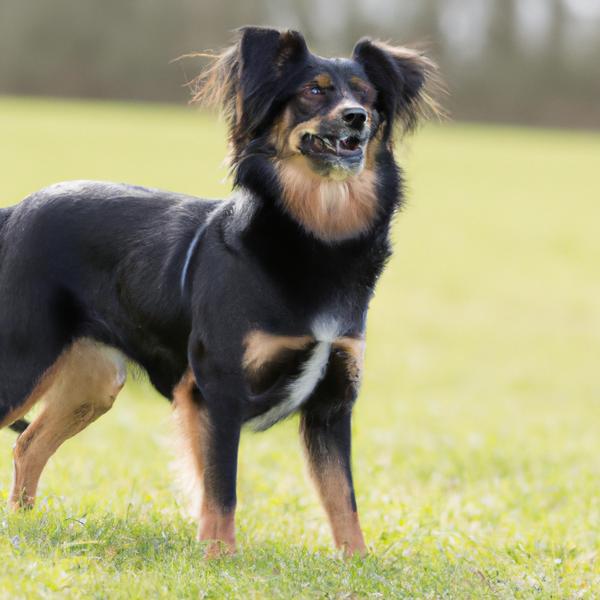
Schipese
Pugland vs Schipese
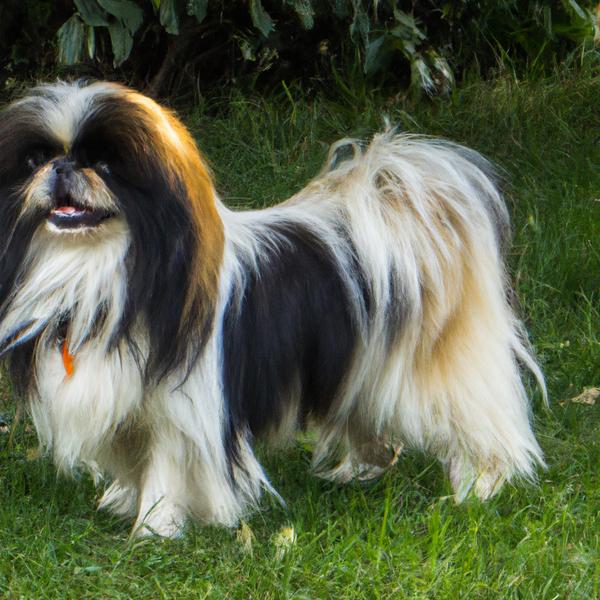
Tibetan Chin
Pugland vs Tibetan Chin

Sheprador
Pugland vs Sheprador
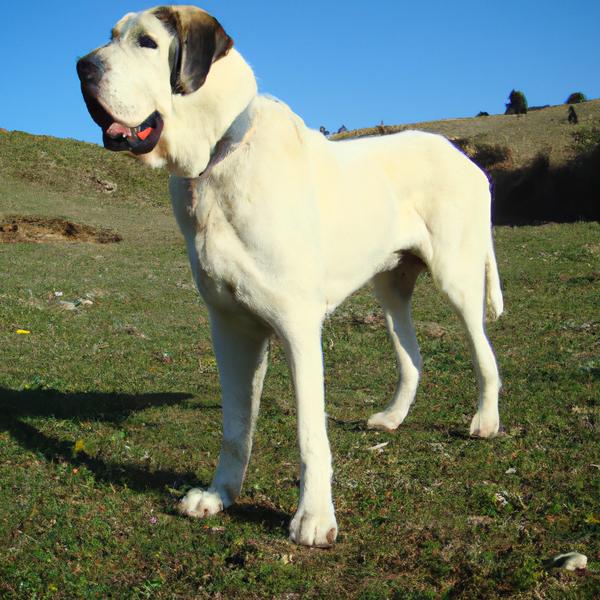
Great Pyredane
Pugland vs Great Pyredane
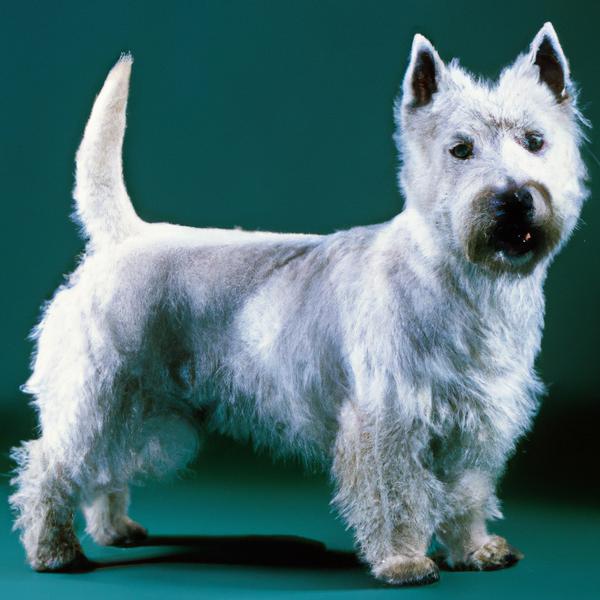
West of Argyll Terrier
Pugland vs West of Argyll Terrier

Silkytie
Pugland vs Silkytie
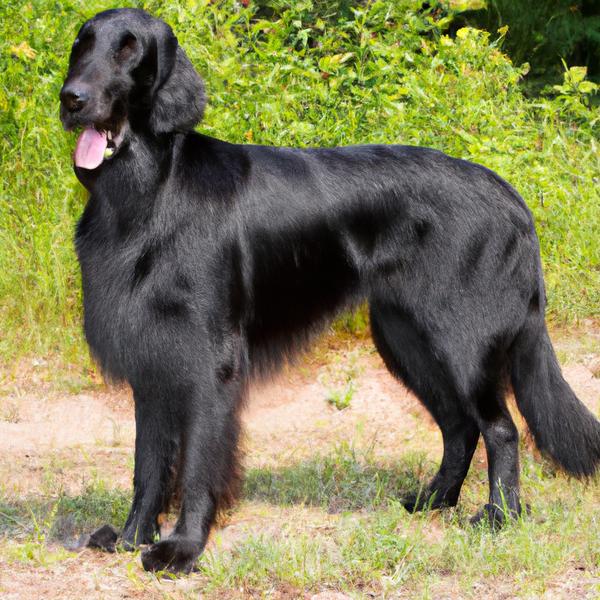
Flat-Coated Retriever
Pugland vs Flat-Coated Retriever
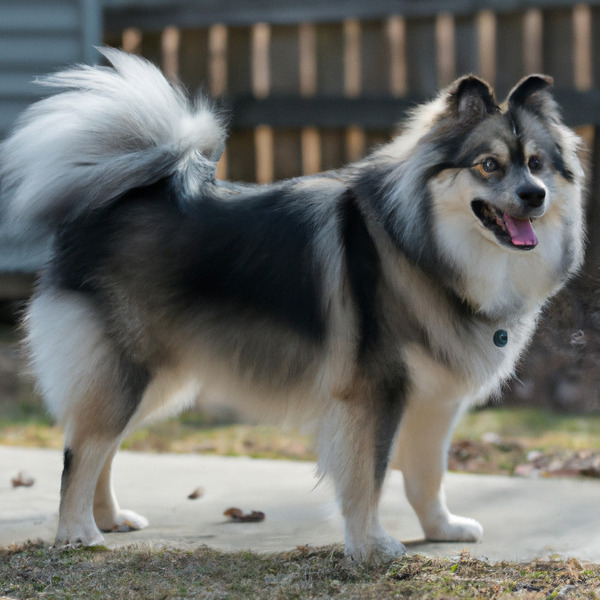
Pomsky
Pugland vs Pomsky
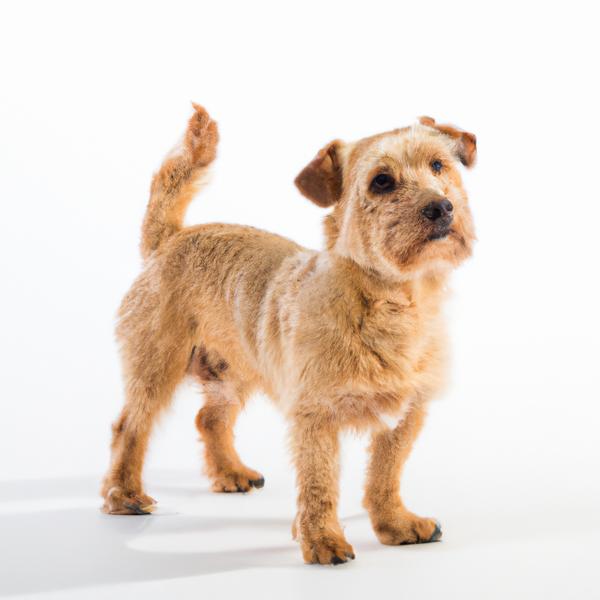
Corkie
Pugland vs Corkie
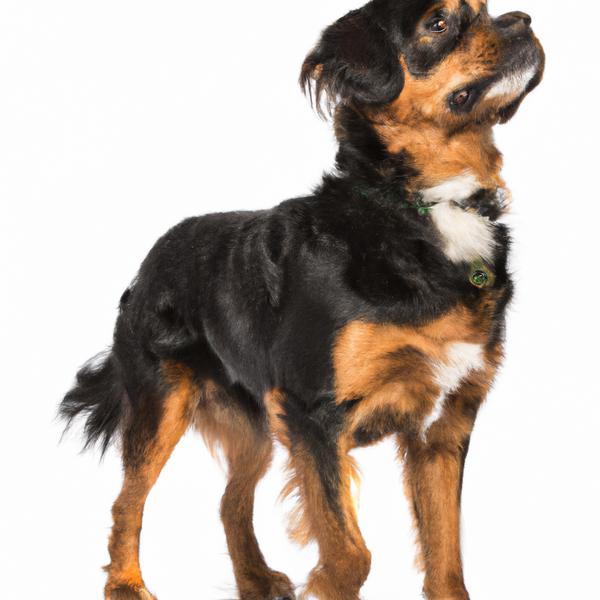
Brussalier
Pugland vs Brussalier
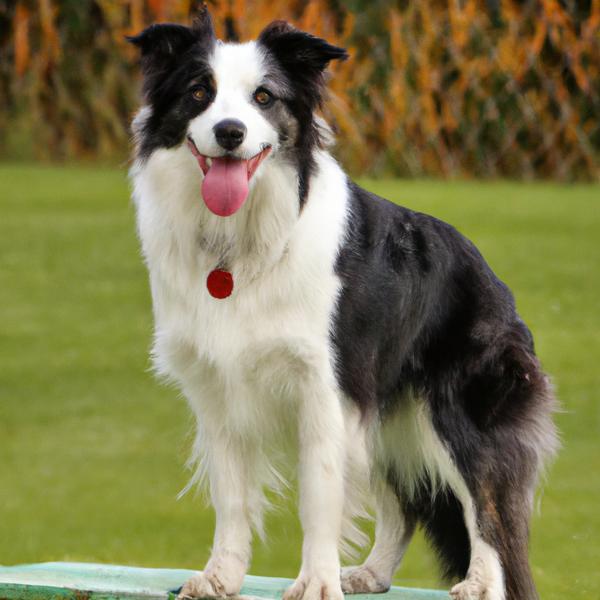
Border Collie Britt
Pugland vs Border Collie Britt
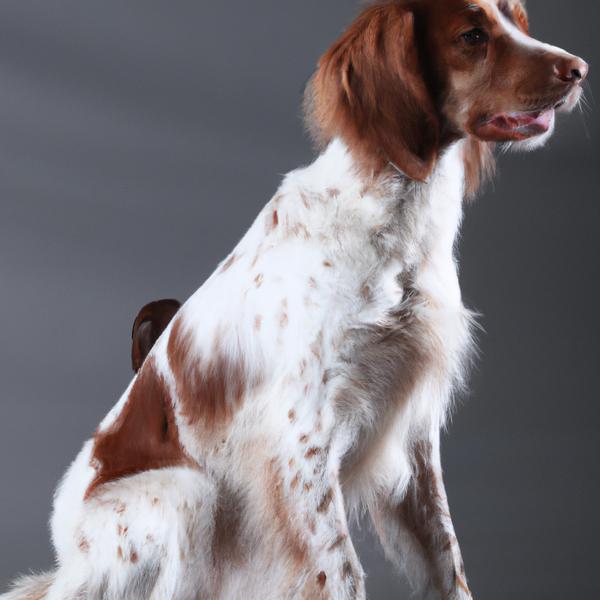
Brittany (Spaniel)
Pugland vs Brittany (Spaniel)

